Motto:
Sa-Vidya Ya Vimuktaye
“Education is that which liberates”
Vision
Educate, Equip, Enable.
- Educate and empower students of less privileged sections of the society through value-based education.
- Equip the students to face the challenges of the modern world, from professional, cultural and moral perspectives.
- Enable the students to face the global challenges through academic excellence.
Mission
- To provide education through best practices.
- To facilitate students to develop positive attitude.
- To empower them through value-based education to face challenges of the competitive world.
- To motivate them to excel in their performances.
- To inculcate leadership qualities, social concern, understanding, co-operation and benevolence among the youth.
- To lay thrust on social justice and patriotism.
Core values of the institution
- Honesty and IntegrityWe are dedicated to uphold the ethics of honesty and integrity in all the curricular, co-curricular and extra-curricular activities in order to foster integrated individuals who are the future of our country.
- Pursuit of ExcellenceWe are devoted to create a milieu where all members of the community follow the highest possible level of academic performance and personal development for themselves and other members of the community.
- Personal ResponsibilityWe are dedicated to foster an environment where every member of the community understands and accepts responsibility for upholding and reinforcing Values.
- Mutual RespectWe are devoted to foster an environment in which every member of the community nurtures the spirit of trust, teamwork, openness and respect that is necessary to enhance and fully exploit professional capability.
- EqualityWe are committed in creating an institution and a society where everyone is appreciated and judged based on their contributions and performance rather than gender, race, religion, physical abilities, socio-economic conditions. The institution strives to eliminate individual and institutional racism.
- Collaboration through Team workA clear team purpose, solid communication, empowerment so that the team can lead themselves and finally make sure there is a commitment to the goal.
- EquipoiseWe value the balance among teaching, scholarly activities, social responsibility and service that capitalizes on the strengths and interests of the individual.
- Student-centerednessWe promote a student-focused environment through personal and professional interactions among students and staff.
- Experiential LearningWe promote the philosophy and principles of experiential learning through providing an opportunity for the application of theoretical knowledge.
- CollaborationWe pursue partnerships with universities, government educational institutions, NGOs and alumni.
- InnovationWe encourage innovative curricula, teaching techniques, student discovery and entrepreneurial activities.
- Inclusive PracticesWe value and embrace diversity in learning, religion, gender, socio-economic and cultural backgrounds. Emphasis is laid on special concerns for specially-abled to develop social responsibility and sensitivity for fellow beings.
Profile of the College
| Name of the College | V.V.N. Degree College |
| Place | Bengaluru |
| State | Karnataka |
| Affiliating University | Bengaluru City University |
| Status of the College | Affiliated to Bengaluru City University |
| Financial Category | Grant – in – aid |
| Programme Offered | B.Com. |
| Year of Establishment | 1983 |
| UGC Recognition | 2F 12B |
| Location of the College | Urban |
| College Address | Vanivilas Road, V.V. Puram, Bengaluru-04 |
| Email ID | vvncollege@yahoo.com |
| Website | vvndegreecollege.in |
| Type of College | Women’s College |
Board of Management
 " width="385" height="479" alt="Dr._Manandi_Suresh">
" width="385" height="479" alt="Dr._Manandi_Suresh">Dr. Manandi Suresh
President
 " width="403" height="525" alt="Sri._B.S.Arun_Kumar">
" width="403" height="525" alt="Sri._B.S.Arun_Kumar">Sri. B.S.Arun Kumar
Secretary General
 " width="257" height="331" alt="Sri_K.G.Subbaraj">
" width="257" height="331" alt="Sri_K.G.Subbaraj">Sri K.G.Subbaraj
Imm.Past President
 " width="250" height="286" alt="Sri.Tallam_Venkatesh">
" width="250" height="286" alt="Sri.Tallam_Venkatesh">Sri.Tallam Venkatesh
Past President
 " width="225" height="285" alt="Sri.T.Srinivas">
" width="225" height="285" alt="Sri.T.Srinivas">Sri.T.Srinivas
Senior Vice President
 " width="143" height="161" alt="Sri.D.Muralidhar">
" width="143" height="161" alt="Sri.D.Muralidhar">Sri.D.Muralidhar
II Vice President
 " width="145" height="159" alt="Sri.A.V.S.Murthy">
" width="145" height="159" alt="Sri.A.V.S.Murthy">Sri.A.V.S.Murthy
III Vice President
 " width="144" height="163" alt="Sri.B.A.Srinivas_Gupta">
" width="144" height="163" alt="Sri.B.A.Srinivas_Gupta">Sri.B.A.Srinivas Gupta
IV Vice President
 " width="145" height="160" alt="CA_Dr._I.S.Prasad">
" width="145" height="160" alt="CA_Dr._I.S.Prasad">CA Dr. I.S.Prasad
Treasurer
 " width="145" height="164" alt="Sri._Nandakumar.P.S">
" width="145" height="164" alt="Sri._Nandakumar.P.S">Sri. Nandakumar.P.S
Secretary - Administration
 " width="145" height="164" alt="Suresh_Laksmikanth">
" width="145" height="164" alt="Suresh_Laksmikanth">Suresh Laksmikanth
Secretary - Finance
 " width="145" height="163" alt="Dr.Dinesh_M.R">
" width="145" height="163" alt="Dr.Dinesh_M.R">Dr.Dinesh M.R
Advisor
 " width="146" height="160" alt="Sri.Manandi_N._Satish">
" width="146" height="160" alt="Sri.Manandi_N._Satish">Sri.Manandi N. Satish
Advisor
Governing Council Members
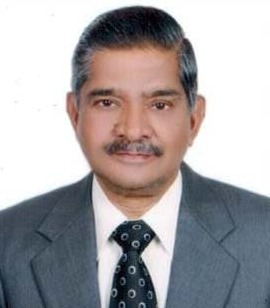
Sri. K. Rajkumar
Chairman

Sri. Akhilesh Babu
Co-Chairman
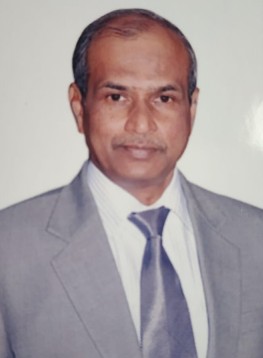
Sri. Sridhar S G
Member
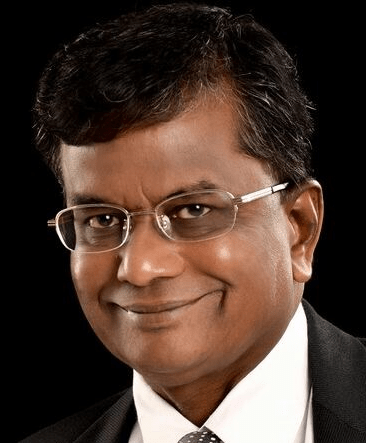
Sri. Nanda Kumar R
Member
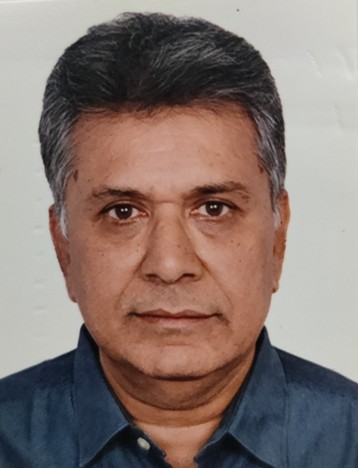
Sri. Sunil Balaram
Member
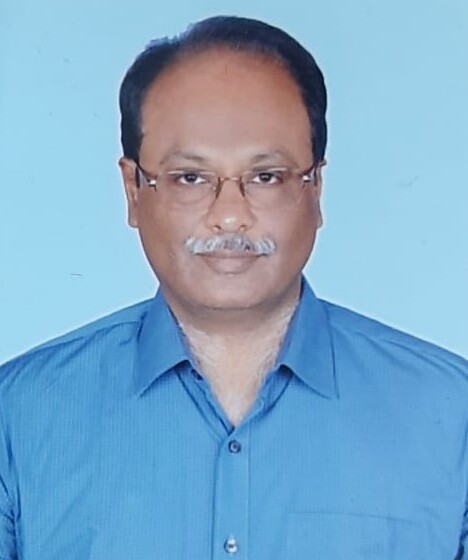
Sri. Shashikanth Pobbathi
Member
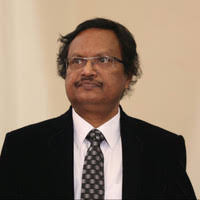
Dr. R.K. Chandranath
University Nominee

Smt. Vijaya
Member, VVN Trust
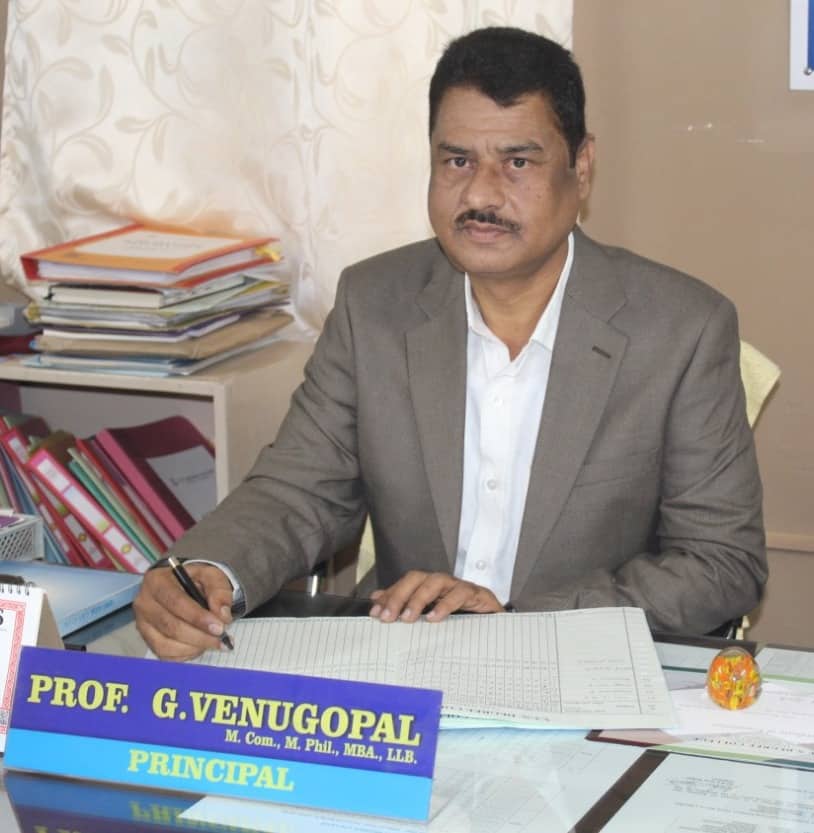
Prof. G. Venugopal
M.Com., M.Phil., M.B.A., LLB.
Principal
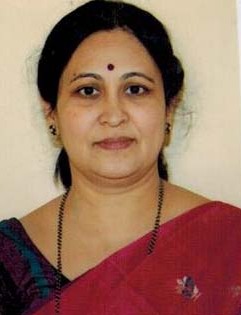
Prof. Prasanna Udipikar
M.A., M.Phil., PGDELT., (Ph.D.)
Vice Principal
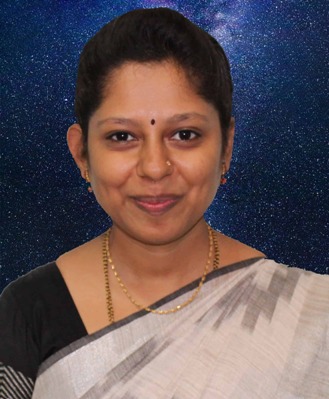
Asst. Prof. Divyashree S R
M.Com.
HoD of Commerce
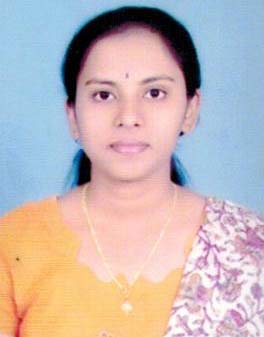
Asst. Prof. Sandhya B C
M.Com., NET
Senior Faculty
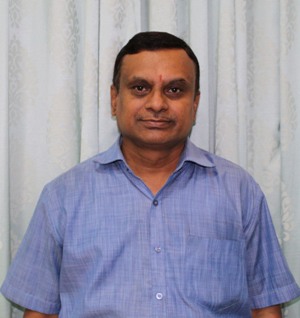
Sri. Sathish K N
Manager
Executive Council Members

Sri. K. Rajkumar
Chairman

Sri. Akhilesh Babu
Co-Chairman

Sri. Sridhar S G
Member

Sri. Nanda Kumar R
Member

Sri. Sunil Balaram
Member

Sri. Shashikanth Pobbathi
Member

Dr. R.K. Chandranath
University Nominee

Smt. Vijaya
Member, VVN Trust

Prof. G. Venugopal
M.Com., M.Phil., M.B.A., LLB.
Principal

Prof. Prasanna Udipikar
M.A., M.Phil., PGDELT., (Ph.D.)
Vice Principal

Asst. Prof. Divyashree S R
M.Com.
HoD of Commerce

Asst. Prof. Sandhya B C
M.Com., NET
Senior Faculty

Sri. Sathish K N
Manager
Organogram
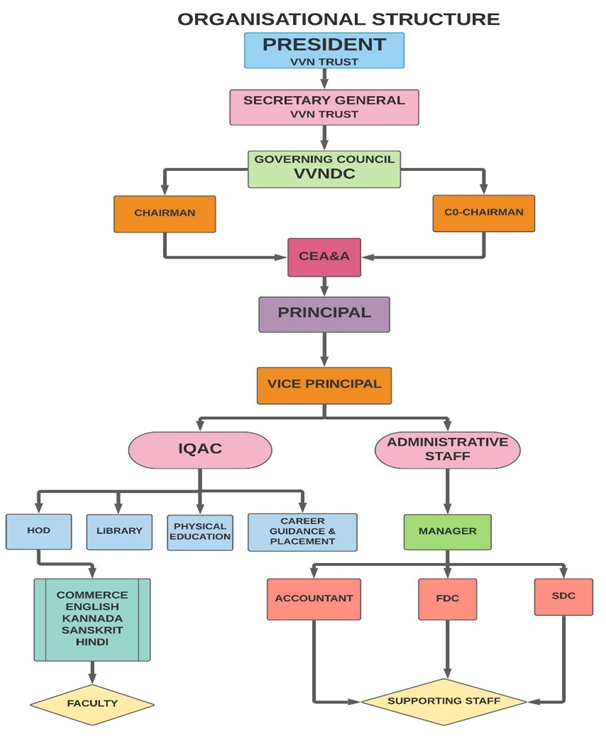
Internal Organisational Structure
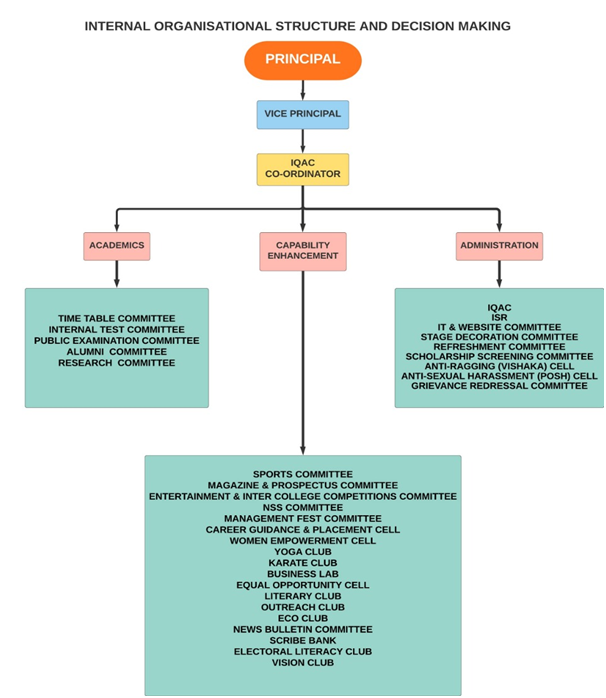
A General Overview
Messages
Code of Conduct
Code of Conduct - Principal
- The Principal is the academic and administrative head of the college and works for the growth of the institution. He will implement the policies approved by the university and government, the highest decision making body of the college. He shall achieve coordination among various statutory committees and non- statutory bodies.
- He is the Chairman of Finance committee and also Chief Controller of the Examinations. He monitors admissions, examinations, evaluation for smooth functioning of the system.
- He is authorized to nominate Conveners, Coordinators, members and other administration functionaries in various committees in the college. He is responsible for extension or changes of various functionaries in the administration.
- To conduct the meetings of the Conveners, Coordinators, members as per the stipulated guidelines. To hold Academic meetings as per the norms. To coordinate and motivate the faculty, administrative authorities and the supporting staff, so that they play their respective roles more effectively.
- He shall work for the common goal of providing effective technical education and guiding to enable the students to carve out promising career and lifelong learning.
- He is the spokesperson of the institution and shall take part in regional, national and international conventions. He, along with all the staff working under him, is singularly and collectively responsible to the Board of Governors, Academic Council, University, State Government, MHRD/UGC, Students and Parents for the smooth and effective functioning of the college.
The duties of the Principal may be suitably categorized as:
- 1.Shall be assisted by various Heads of the Departments, Conveners, Coordinators, Controller of Examinations of the college, senior faculty members and various committees.
- 2.In matters related to decision implementation, Principal is assisted by the Governing Body and Academic council of the college.
- 3.In matter of admissions, Coordinator will assist the Principal.
- 4.In matters related to academic work, he will be assisted by the Director (Academic), Chairman, Board of Studies and heads of the departments.
- 5.An integrated time table of the entire institution shall be prepared and submitted to the Principal by the coordinator of time-table.
- 6.Shall closely monitor the class work as per the time-table with the assistance of class teacher and other faculty in-charge.
- 7.Shall closely observe various academic activities like conduct of fests, conferences, seminars, workshops etc.
- 8.Shall hold meetings of Heads of departments to review the progress of academic work and suggest effective measures to achieve desired academic outcome.
- 9.If necessary, shall instruct the class teachers and Heads of the Departments to conduct remedial classes academically to support the slow learners.
- 10.In matters related to internal examinations, semester end examinations (both theory and laboratory), result analysis, detained candidates, Principal will be assisted by Conveners, Coordinators of examinations.
- 11.In matters related to student attendance, drop outs, medical condonation, Principal gets assistance from Academic Convener.
- 12.The Principal should plan for training need analysis of the staff and devise training programmes such as refresher courses, orientation courses, faculty improvement programmes, quality enhancement programmes etc.
- 13.Principal shall also ensure quality assurance and he should be assisted by Convener of IQAC.
- 14.Shall monitor, evaluate research, development and consultancy activities. Convener of R&D should assist the Principal in this matter. He should advise the faculty members to get sponsored research projects from various funding agencies.
- 15.The Principal should promote industry-institute interaction for better employability of the students.
- 16.Shall promote Internal Revenue Generation (IRG) activities with the help of staff and students.
- 17.Arrange skill development and job training for the students with the active association of Convener Training and Placement.
- 18.Principal shall look after overall welfare of staff and students.
- 19.For effective functioning of the college he shall build close rapport between staff, students and management.
- 20.Shall ensure perfect order and discipline among all the staff concerned and ensure serene academic environment in the campus.
- 21.Shall maintain regular, right and appropriate contacts and interaction with government, MHRD, UGC, University, State Council of education.
- 22.Shall involve faculty members at different levels for various institutional activities.
On general administrative matters Principal shall be assisted by Conveners (Academic), Coordinators of Examinations, IQAC, NAAC, Heads of Departments, functional heads etc.
- 1.Shall make proposal for appointment to all posts of cadres including contract, part-time and daily wage employees.
- 2.Shall make regularization of services, declaration of probation, and release of increments for teaching staff and non-teaching staff.
- 3.Arrange performance appraisal of faculty and supporting staff.
- 4.Shall have power to sanction EL, CL, OOD up to the level of Heads of departments, except himself.
- 5.Empowered to initiate disciplinary proceedings (with proper guidelines such as constitution of enquiry committee etc.) and impose punishments of minor and major character such as warning, censure, fine, withholding increments, promotion and recovery from pay whole or part of pecuniary loss to the college.
- 6.All such cases requiring arrangements such a suspension, removal, dismissal from the services shall be referred to the Governing Body by the Principal.
- 7.Campus maintenance cell shall work under the instructions of Principal.
- 1.Subject to the budget allocations for a specific area of expenditure, Principal is empowered to incur expenditure within the stipulated limits and adhering to the related procedure as laid down by the Governing Body from time to time.
- 2.Empowered to incur recurring contingent expenditure as per the norms prescribed by the Governing body.
- 3.All contracts for and on behalf of the college (except himself and the college) when authorized by a resolution of the Governing Body, passed in writing and expressed to be made in the name of the college shall be executed by the Principal.
- 4.Principal shall forward monthly salary bills of all the staff of the college for necessary action to the Governing Body of the institution.
- 5.The Principal or the officer delegated with such powers shall counter sign all kinds of scholarship bills in respect of students of the college.
- 6.Shall have power to sanction the purchase of stationery, library books, periodicals, consumables for laboratories, workshops etc. subject to the limit of powers delegated in respective areas and subject to the prescribed procedures, budget provisions under the respective heads of budget.
- 7.Shall countersign T A Bills.
- 8.Shall have power to sanction advances and final withdrawal of KGID, EPF of the staff.
Code of Conduct - Teacher
The role of the Teacher is to regulate the teaching profession and the professional conduct of teachers, to establish and promote professional standards, to support the continuing professional development of teachers and to promote teaching as a profession.
Pupil/Student : The term "pupil/ student" denotes learners at College and further education levels.
Parent : The term "parent" denotes parents and legal guardians.
Teacher : The term "teacher" denotes a teacher appointed by the authority in the institution as a teaching faculty.
The Role of the Teacher is to Educate.
The following ethical values underpin the standards of teaching, knowledge, skill, competence and conduct as set out in this Code.
Code of Conduct - Student
Code of Conduct - Administrative Staff
- Every staff employed in the college shall discharge his/her duties efficiently and diligently and shall conform to the rules and regulations.
- It shall be mandatory on the administrative staff to do any work in connection with an examination conducted by the University or any College, which he/she is required to do by the Vice-Chancellor or the Registrar of the University/by the Management/ Principal of the College, as the case may be.
- No Staff employed in a College shall absent himself from his/her duties without prior permission. In case of sickness or absence on medical ground, a medical certificate to the satisfaction of the College authorities shall be produced within a week.
- No Staff employed in a College shall engage directly or indirectly in any trade or business. In the case of remunerative work like private tuition etc., specific sanction of the College authorities in writing shall be obtained.
- (a) No staff employed in the College shall send any application for employment under any other agency, except through the Principal.
(b) The Principal shall not withhold any such application. It shall, however, be open in the committee to prescribe reasonable conditions for relieving him. - When a staff employed in a College seeks to accept honorary work without detriment to his/her duties prior permission of the Principal in writing shall be obtained.
- Any staff employed in a College when involved in criminal proceedings shall inform the committee of each proceeding.
- No staff employed in a College shall engage himself/herself in any political activity. He / She shall not associate with any political party or any organization which takes part in politics or shall subscribe to, or assist in any other manner, any political movement.
- No staff employed in a College shall contest or participate in or canvas for any candidate in any election.
- No staff employed in a College shall bring or attempt to bring any political or other influence on his/her superior authority in respect of his/her individual service interests.
- No staff employed in a College shall engage himself/herself or participate in any activity which is anti-secular or which tends to create disharmony in society or in any demonstration which is prejudicial to the interests of the sovereignty and integrity of India, the security of States, friendly relation with foreign States, Public order, decency or morality or which involves contempt of court, defamation or incitement to an offence.
- No staff employed in a College shall indulge in any criticism of the policies of the Government either directly or indirectly or participate in activities which bring disrepute to the Government.
Highlights
- 1.Experienced, proficient, dedicated teachers.
- 2.Microsoft Certified Campus.
- 3.Vasavi Book Bank Services.
- 4.Scholarships, Awards, Endowment Prizes.
- 5.Wi Fi Enabled Campus.
- 6.Easy Lib, E-journals, OPAC Facilities.
- 7.State of Art Auditorium.
- 8.Audio Visual Seminar Hall.
- 9.Training for College to Corporate.
- 10.Campus Recruitments.
- 11.Institution-Industry interface through guest lectures and trainings.
- 12.Internships, Field Visits, Educational Tours.
- 13.Skill and Employability Courses.
- 14.Extension and Outreach Programmes.
- 15.Annual Magazine 'Sougandhi' and VVN News Bulletin to hone writing skills.
- 16.Anti-ragging, Anti Sexual Harassment & Grievance Cells.
- 17.Encouragement for Cultural and Extra-curricular activities.
- 18.Peer Leadership, Collaborative, Experiential, Participative Learning.
- 19.Student Seminars, Workshops, PPT’s.
- 20.On Campus Counselling Facility.
- 21.Computer Lab, Business Lab, Language Lab
- 22.Sports, Gymnasium facilities.
- 23.Aakarsh VVN Intercollegiate Commerce and Cultural Fest.
- 24.Intercollegiate Throw ball Tournament.
- 25.Yoga sessions – for sound body and mind.
- 26.Karate Training - for Self-defence.
- 27.Astro Turf Playground.
- 28.Reprographic Service (Xerox).
- 29.Interclass Competitions.
- 30.Electronic Sanitary Pad Dispenser, Napkin Incinerator.
- 31.Canteen facility at subsidised rate.
- 32.MoU with Rangadurai Hospital for emergency aid.
- 33.MoU with NICT for computer-based enrichment programmes.
- 34.MoU with People’s Skills for Soft Skills Training Programmes.
- 35.MoU with Cothas Coffee Co. for Internship
Infrastructure Facilities
- ICT Enabled Classrooms
- Auditorium
- Library and Information Centre
- Audio Visual Room/Smart Class Room
- Computer Laboratory
- Browsing Centre
- Business Laboratory
- English Language Lab
- Sports and Gymnasium
- NSS Room
- Common Room
- Counselling Centre
- Healthcare Centre
- Career Guidance and Placement Cell
- Alumni Corner
- Student Welfare Officer's(SWO) Room
- Canteen
- Wifi Enabled Campus
- Reprography Facility
- Sanitary Pad Dispenser
- CCTV Servelliance
- Fire Extinguishers
- Lift Facility
- Vehicle Facility
- Parking Facility
- Astro Turf Ground
- Facility for Divyangajan
- Day Care Centre
- Vertical Gardening
- Security check at the entrance and exit
